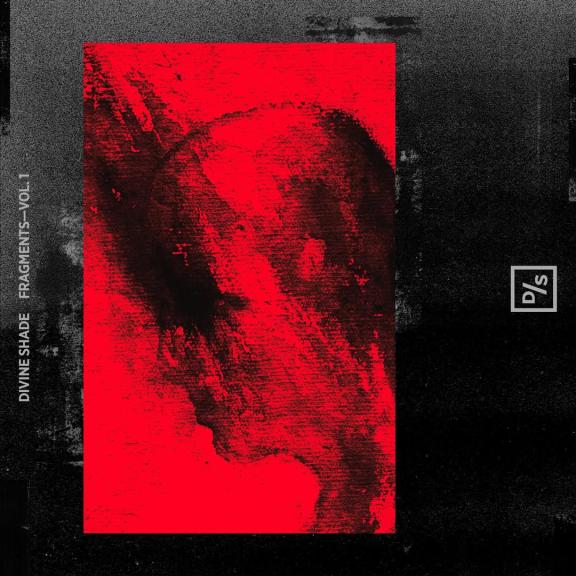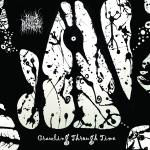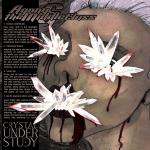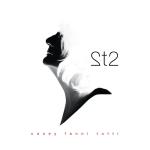Divine Shade took around ten years to release their first album. Ren Toner's industrial rock project from Lyon has taken its time to mature, singles after singles, gig after gig, rubbing shoulders with some illustrious big brothers along the way (Divine Shade has opened for Gary Numan and The Mission, and invited musicians such as Chris Vrenna, Steve Fox-Harris and Chris Payne into its world). Teased by a few singles, Fragments-Vol.1 lives up to its name: a collection of soulful parts and reveries, this first album can also be appreciated as one scours the wreckage of an accident or the ruins after a cataclysm.
The tone is resolutely dark, haunted by surprisingly deep and low vocals for an artist still relatively young. If the driving rhythm of Hate and Oblivion can mislead us (or coat us in horrors?), the text is recited with despondency. Melancholy, remorse, ghosts of the past: Divine Shade doesn't ooze optimism, and backs up its point with Oublier, a track that is at once heavy, hypnotic and intense. The use of French is a more than judicious choice, allowing us to savor a musicality unusual in industrial rock.
Nine Inch Nails' legacy is often blatantly obvious in Divine Shade's music, with its flayed edge, its harsh machines clashing with more contemplative, poetic tracks, its taste for heavy, scratchy guitars and its modernized new-wave roots. Like Kloahk, another superb French heir to Trent Reznor (it was no coincidence if Divine Shade and Kloahk collaborated on a track last year), Ren Toner masters the nuances and gives us a glimpse of hope (Heaven, Stars), only to bury us afterwards. Fragments-Vol.1 knows how to bite (Get Away), shake our booties (Ruines et Cendres and its infectious groove) and shake us altogether when introspection takes over (Show me the Way and its dramatic violin, courtesy of Chris Payne).
It's hard to highlight what we liked the most about Fragments-Vol.1. The sober balance, where restraint elegantly enhances all that's contained, the spectres we come across, the moments of despondency, the seismic passages, this new confirmation that the French industrial rock and metal scene is in top form (whether for crazy moshpits or finding more intimate offerings)... Finally, what if the best news about this shard of obscurity lay in its title and this “Vol.1”, which sounds like the promise of a sequel? Despite the general mood, which isn't exactly jovial, everything gives us reason to hope!





